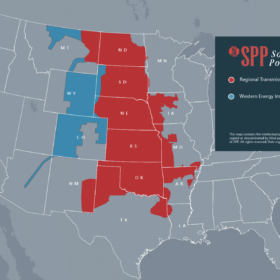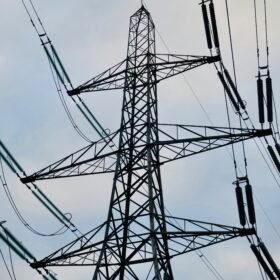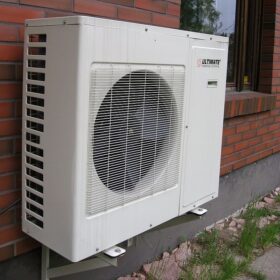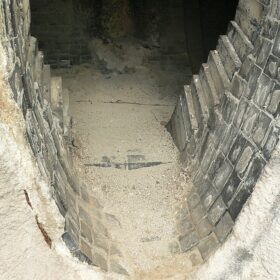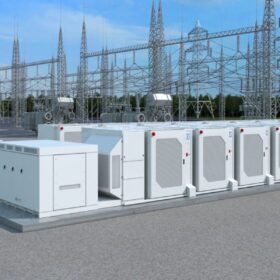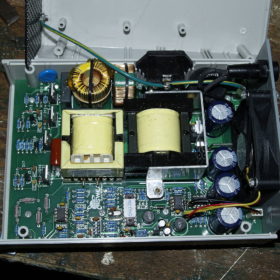Southwest Power Pool can hit 90% renewables by 2050, says Brattle
The Southwest Power Pool (SPP) can reach 90% renewable energy while keeping US electricity rates stable, according to a study by Brattle Group.
Large batteries with grid-forming inverters can increase renewables hosting capacity
Researchers recommended that transmission system operators consider adopting grid-forming battery energy storage systems system-wide to improve grid stability and to maximize system hosting capacity for solar and wind generation.
Strategies for charging EVs with solar, boosting demand for solar power
A new study says that more solar power would be used to charge electric vehicles in the United States if inexpensive level-1 chargers were deployed at workplaces, and rate design favored daytime charging.
As more buildings use heat pumps, four technologies can provide grid support
Wider use of electric heat pumps to heat buildings creates a larger market for renewable energy, but also presents challenges, which can be met through building insulation and weatherization, cold climate heat pumps, thermal energy storage systems, and higher-voltage distribution grids, a report says.
Strategies to ease US grid strain as electric heat pumps boost renewables
Wider use of electric heat pumps to heat buildings creates a larger market for renewable energy, but also presents challenges, which can be met through building insulation and weatherization, cold climate heat pumps, thermal energy storage systems, and higher-voltage distribution grids, according to a new report by Energy Systems Integration Group (ESIG).
US utilities discuss advanced conductors to enable 764 GW of solar by 2035
Replacing existing transmission lines, known as conductors, with advanced conductors could enable 764 GW of transmission-connected solar by 2035. However, some US utilities are slow to adopt this technology. In a recent webinar, two utilities that have used advanced conductors for years shared their experiences.
Big US utilities plan to replace only half their fossil generation by 2035
The Sierra Club, an environmental group with a focus on reducing fossil fuel pollution, has graded 75 American utilities on their resource plans through 2035. The average grade was a “D.”
Firebrick thermal energy storage could reach 170 GW in the U.S. by 2050
Firebrick heat storage technology, not batteries, will be used to store energy for industrial process heat in a 100% renewable energy system, says a study out of Stanford University.
Puerto Rico in line for 1.14 GWh of battery storage
A new U.S. Department of Energy loan guarantee will help finance 200 MW of solar and 285 MW of grid-scale storage on the island.
Cybersecurity guidelines for smart inverters
The National Institute of Standards and Technology has flagged a cybersecurity risk for smart inverters, and is developing guidelines to prevent cyberattacks.
